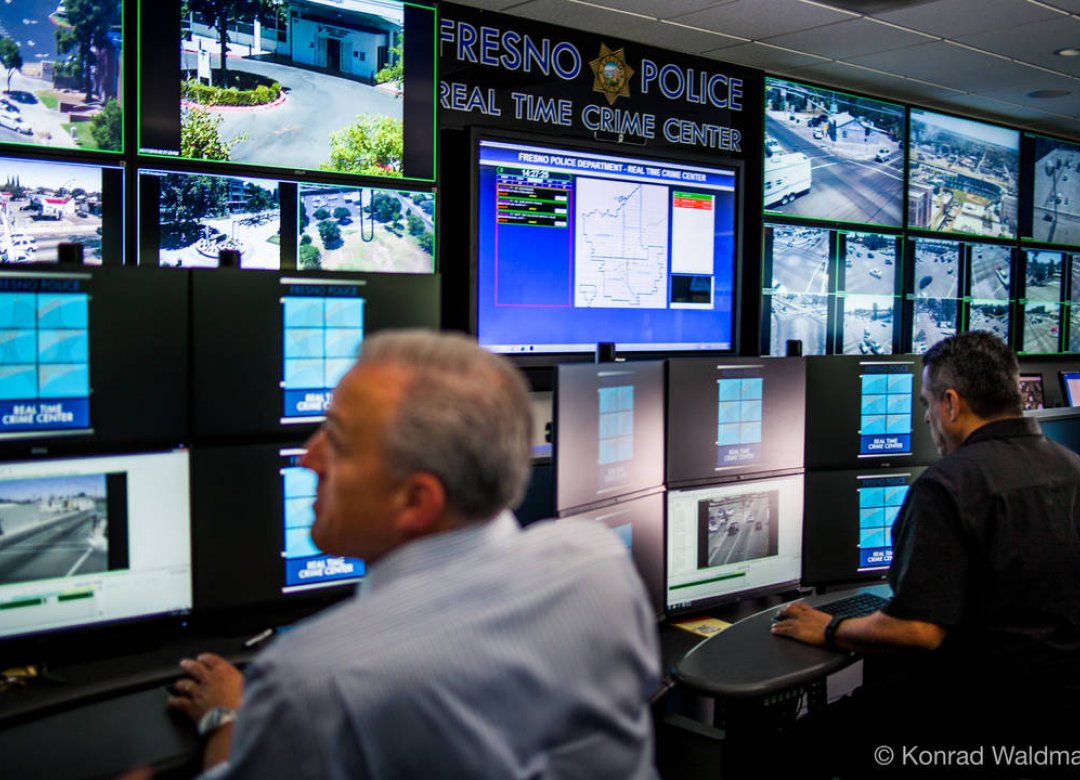Synopsis
Predictive Policing techniques empower police to take a more proactive approach to both preventing crime and solving open cases. However, they also present possible moral dilemmas such as the underlying datasets and algorithms that are often unknown to the user and may lead to injustices along the way. Furthermore it might lead to more surveillance to make better predictions.
We pick up a highly controversial development, which is directly related to the emerging of our digital society: the liberal constitutional democracy, based on facts and the real “analogue” proof, turns into a data-driven security state where everyone is a suspect.
The idea of this experience is to take the user to the digital world of data, smart cities and algorithms and to position us as users – as citizens and data-carriers. This game offers a testing method to predictive policing and also a teaching method of these techniques in the digital society we all are co-creating. The goal of the interactive experience is to reduce the crime rate in the chosen city through predictive policing and at the same time protect the citizens rights and be as objective and non-discriminatory as possible.
In the role of a police officer the user will see how choosing different objectives for the algorithm (e.g. number of arrests, unemployment rate, racially motivated crimes) produces different outcomes with far fetching consequences. Will the user and their choices of pre-crime systems be able to assure the public and reduce criminal activity? Can they predict future crimes and criminals whilst also protecting the citizens’ fundamental rights?
The aim of this project is to show the user how the traces of data, the development of smart cities and powerful algorithms are forging a new version of the way people are being policed. The user as a citizen and also as a data-carrier will be offered an in-depth explanation and simulation of the policing techniques of the digital society.
We pick up a highly controversial development, which is directly related to the emerging of our digital society: the liberal constitutional democracy, based on facts and the real “analogue” proof, turns into a data-driven security state where everyone is a suspect.
The idea of this experience is to take the user to the digital world of data, smart cities and algorithms and to position us as users – as citizens and data-carriers. This game offers a testing method to predictive policing and also a teaching method of these techniques in the digital society we all are co-creating. The goal of the interactive experience is to reduce the crime rate in the chosen city through predictive policing and at the same time protect the citizens rights and be as objective and non-discriminatory as possible.
In the role of a police officer the user will see how choosing different objectives for the algorithm (e.g. number of arrests, unemployment rate, racially motivated crimes) produces different outcomes with far fetching consequences. Will the user and their choices of pre-crime systems be able to assure the public and reduce criminal activity? Can they predict future crimes and criminals whilst also protecting the citizens’ fundamental rights?
The aim of this project is to show the user how the traces of data, the development of smart cities and powerful algorithms are forging a new version of the way people are being policed. The user as a citizen and also as a data-carrier will be offered an in-depth explanation and simulation of the policing techniques of the digital society.
Trailer
Articles

2. 5. 2017
Awards granted at id w / interactive documentary workshop
Institute of Documentary Film selected first interactive project for the East Doc Platform 2018 at id w / interactive documentary workshop in Nyon last week.
read more
Gallery


